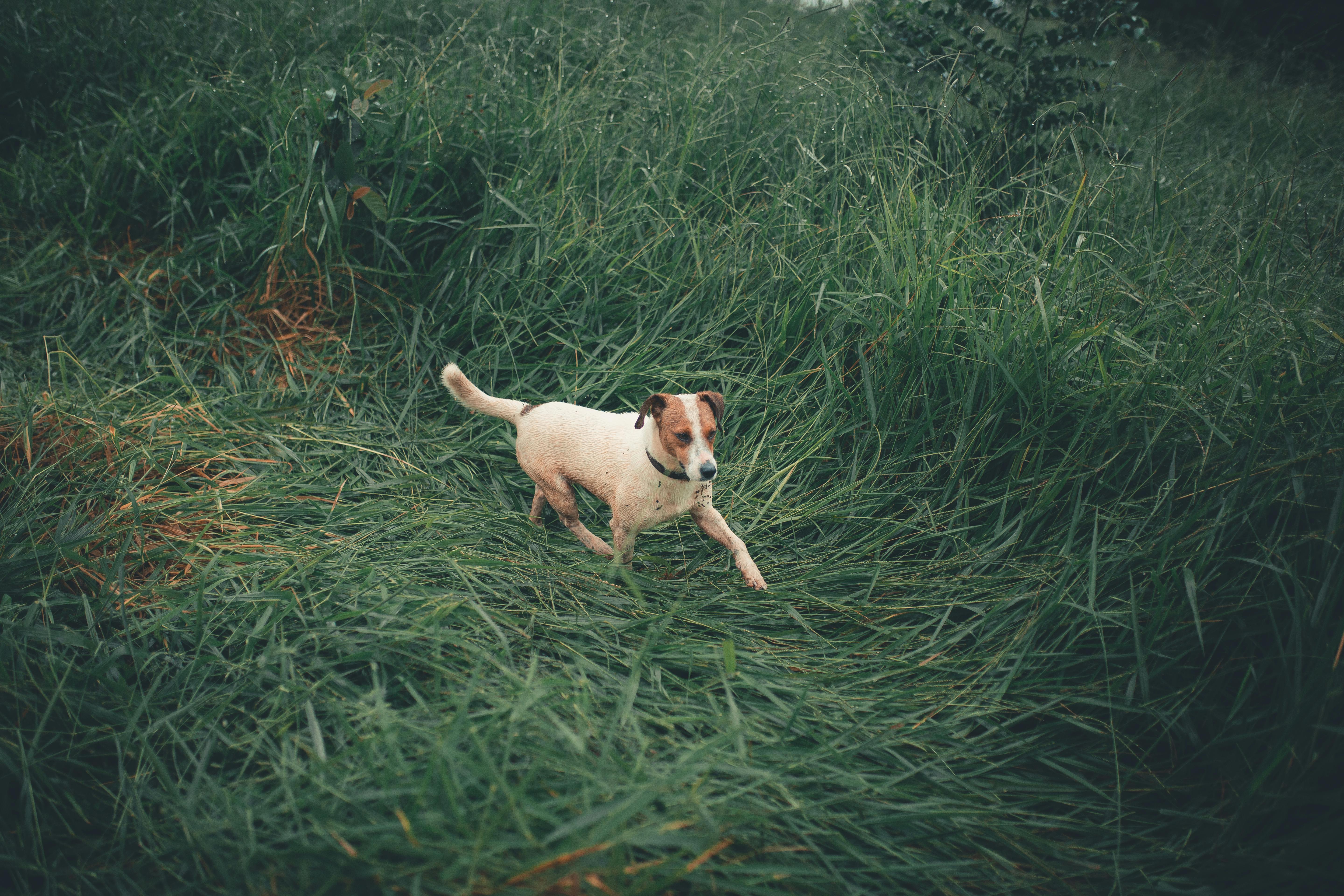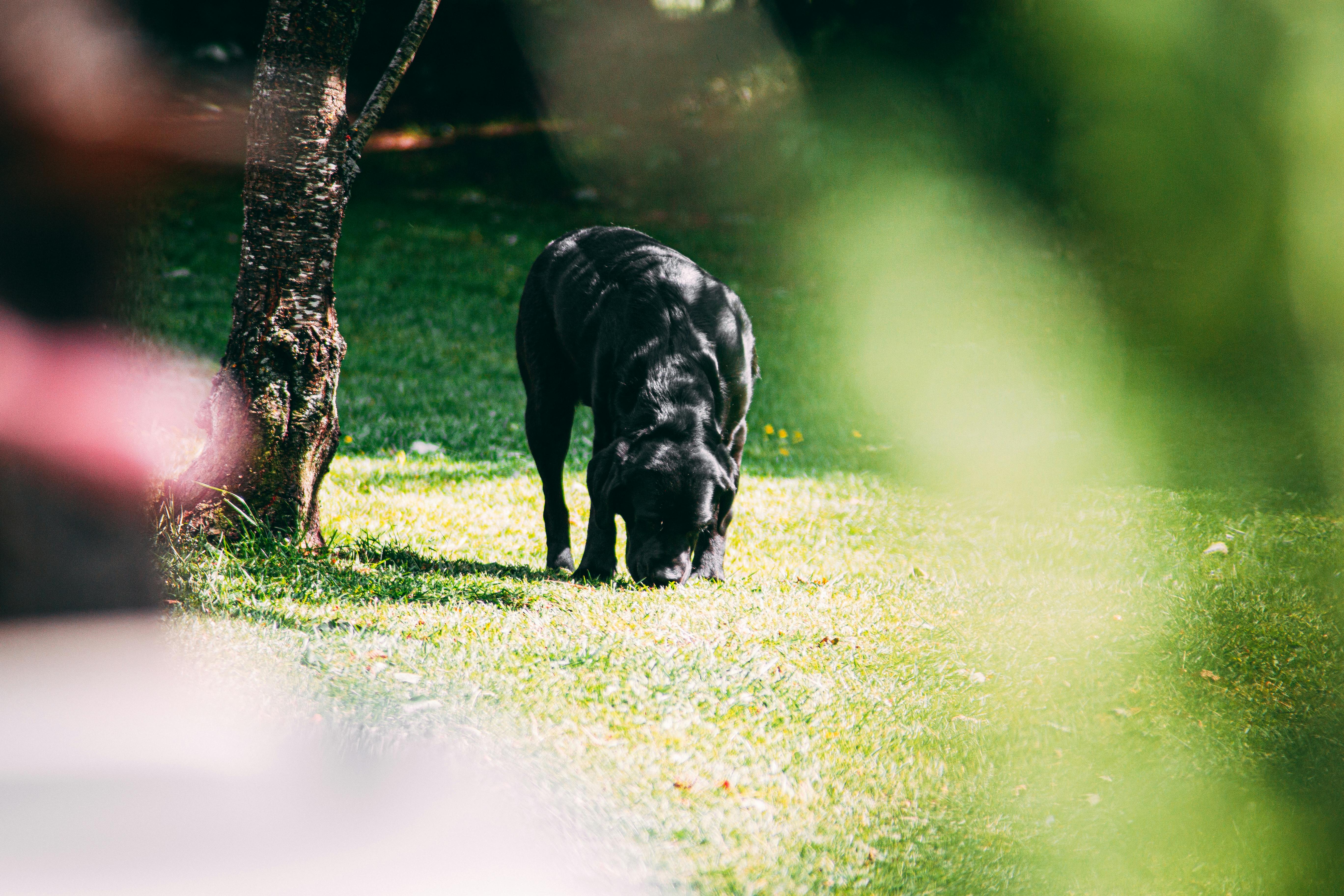Are all puppy vaccinations the same or does immunization vary by breed or age? What is the vaccination schedule for a new puppy? And then how often should puppies be re-vaccinated as they mature? These are important questions that puppy owners should have answered.
When Should Puppy Vaccinations Begin?
Almost all puppies in normal health are protected by their mother’s colostrum, which is received during lactation within 48 hours of birth. Before a newborn puppy has opened its eyes, it receives what is called passively acquired maternal antibodies (PAMA). These antibodies are nature’s way of protecting babies whose immune systems are still developing. They fight off any pathogens (sources of infections such as harmful bacteria or viruses) during the first 10-12 weeks of age. Ironically, in puppies that have high levels of maternally derived PAMA, puppy vaccinations that use what are called live modified (laboratory weakened) viruses will be killed by the PAMA just like with real diseases. These modified live viruses (MLVs) are used in certain vaccines designed to activate the puppies’ own immune systems to produce beneficial antibodies within the pup. This is the reason why owners of a new puppy should have a good vaccination schedule in order to know the optimal schedule for starting their puppies’ vaccinations.
What are the types of vaccines?
In addition to the MLV vaccine, drug manufacturers also produce inactivated (killed) bacteria or virus vaccines as a base. However, with new discoveries in fields such as microbiology and immunological genetics, new types of vaccines are proving to be more effective than standard vaccines. For example, live vector vaccines that have taken known protective antibodies and genetically engineered them so that they do not replicate will continue to produce the proteins needed to kill disease that effectively stop harmful pathogens. There are two advantages of live vector vaccines. The first is that since they are “genetically targeted” they appear to be able to induce their protective immunities even in the presence of PAMA. This means that they can be given earlier without being destroyed by maternal antibodies. And second, vectored vaccines prevent the weakened virus within MLVs from regaining strength and virulence, as is now rarely but significant numbers with older vaccine types. Additionally, dogs that have suppressed the immune system for various reasons often have detrimental reactions even to normally weakened MLV vaccines. But, these new vectorized vaccines have proven benign to the animal in such cases, as the genetically altered pathogen now consists of only the minimally required genes rather than the entire viral genome.
What about “vaccination failure”?
A small number of puppies that complete their entire “puppy series” of initial immunizations have been found to remain unprotected against certain diseases due to what has been termed “vaccination failure.” For this reason, a serological test may be necessary to verify adequate levels of antibody titers that are indicators of a puppy’s ability to fight disease. (Later in the pups’ life, these titer tests can also determine whether immune levels against specific diseases remain high enough, several months or even years after vaccinations.)
Lack of protection due to vaccination failure could have occurred due to
- an overabundance of PAMA that blocks incoming vaccine antigens, or
- because the dog “does not respond”.
A “non-responder” is when a dog’s immune system does not recognize the vaccine as a “threat” and does not produce protective antibodies (defensive proteins) to counteract the active elements of the specific vaccine that has just been administered. Although “non-responders” can be found in all breeds, there have been cases in the 1980s involving certain specific breeds where non-responders have prevailed. However, today, such prevalence is not evident, probably because the attrition rate of these cases has eliminated the affected population and there is not an overabundance of non-responders in these races.
All puppy vaccinations are certainly important, but what can be equally critical is the vaccination schedule and the interval frequency of the vaccinations that are given.




